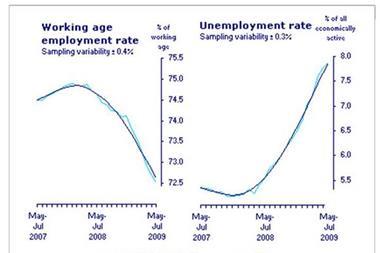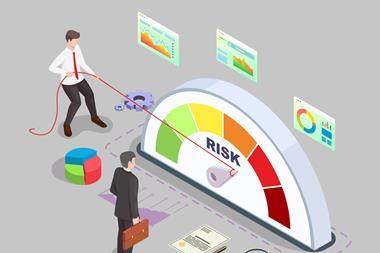Rising unemployment in developed nations tends to lead to more extortion, warned Hiscox
White collar acts of extortion could rise as jobless numbers mount, warned Hiscox.
Some countries are seeing a rise in recession related civil disorder like vandalism or incidents of threats to personal safety. France for example, has seen managers being held hostage by their workers in so-called ‘boss napping’ incidents at 3M, Sony France and Caterpillar.
But rising unemployment in developed nations tends to lead to more extortion related incidents than actual violence, said Hiscox.
The Organisation for Economic Cooperation and Development (OECD) reported that unemployment in many developed countries will rise above 10% by the end of 2010.
Extortion can take a number of forms involving physical threats to property or people, it is more likely to be targeted at a company’s product or service.
“Extortion can take a number of forms involving physical threats to property or people, but it is more likely to be targeted at a company’s product or service.
A company reliant on its IT systems, such as a financial institution, might see computer viruses being introduced maliciously.
The classic profile of an extortionist is that of a young male who sees extortion as a game. But, Hiscox warned, the downturn is likely to see more white collar workers with knowledge of their former employers IT and operating systems turning to extortion as a way of taking revenge or making money.
Charlie Hanbury, special risks underwriter at Hiscox, commented: ‘In every previous recession we’ve seen, there has been a marked increase in white collar crime in areas such as extortion. These ‘clever collar crimes’ tend to involve more sophisticated extortions against a former employer with the perpetrator, who may well be middle aged and facing a long period of unemployment – seeing it both as a way to take revenge on a former boss and as a way to make money.’
He added: ‘I would expect to see insurance claims from companies experiencing an extortion go up by at least 25% in this current downturn and it is critical that organisations thoroughly examine and test their risk management procedures when it comes to dealing with incidents such as these.’























